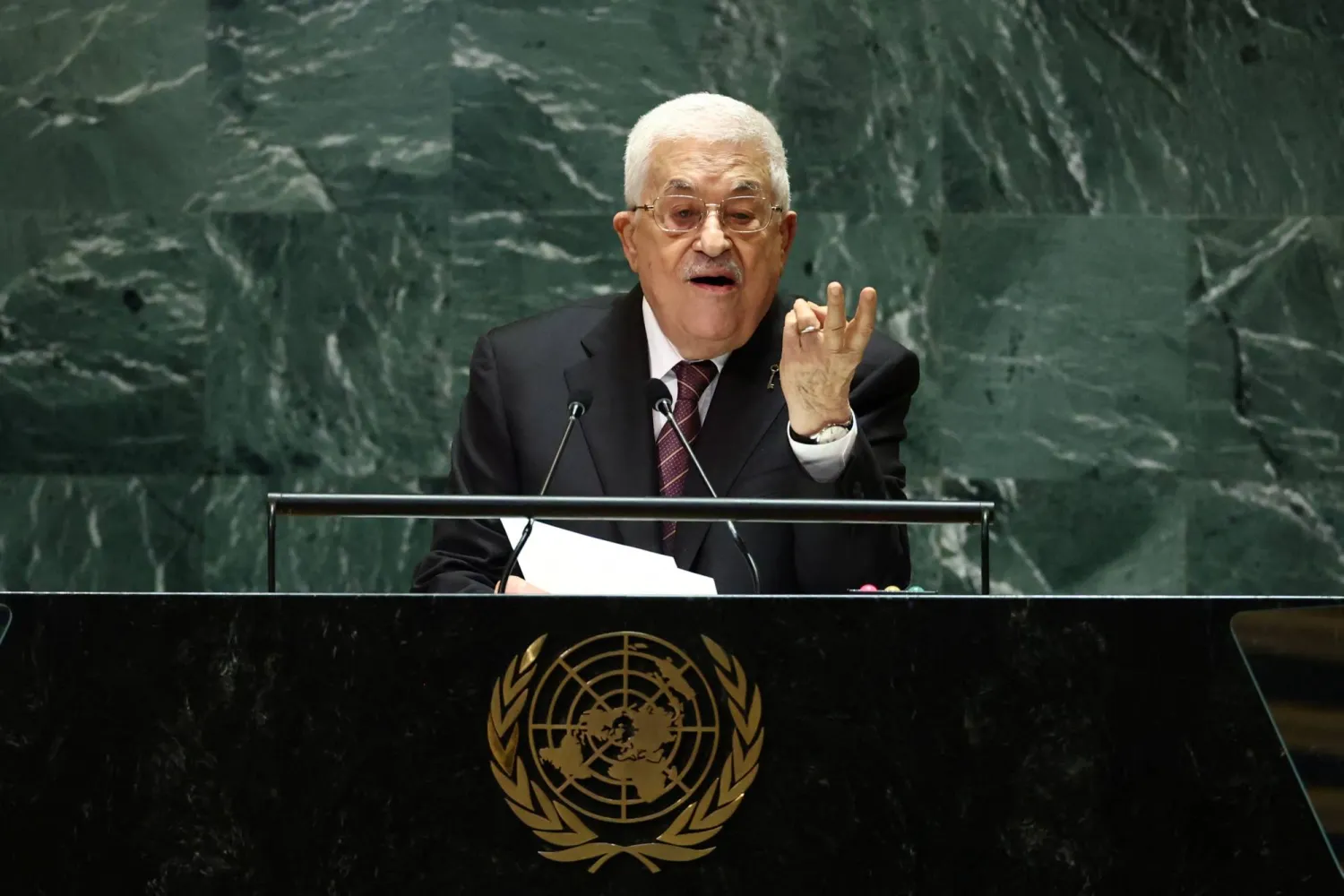The head of the Palestinian Authority denounced Israel and its offensive in the Gaza Strip in front of world leaders Thursday, appealing to other nations to stop what he called a “genocidal war” against a place and people he said had been totally destroyed.
Mahmoud Abbas used the rostrum of the UN General Assembly as he typically does — to criticize Israel. But this was the first time he did so since the Oct. 7, 2023, attacks by Hamas on Israel that triggered an Israeli military operation that has devastated the Gaza Strip.
Abbas strode to the podium to loud applause and a few unintelligible shouts. His first words were a sentence repeated three times: “We will not leave. We will not leave. We will not leave.”
He accused Israel of destroying Gaza and making it unlivable. And he said that his government should govern post-war Gaza as part of an independent Palestinian state, a vision that Israel’s hardline government rejects.
“Palestine is our homeland. It is the land of our fathers and our grandfathers. It will remain ours. And if anyone were to leave, it would be the occupying usurpers," The Associated Press quoted him as saying.
A nationwide series of campus protests against Israel's operations in Gaza swept the United States in the spring and largely originated at Columbia University, about 70 blocks north of the United Nations.
“The American people are marching in the streets in these demonstrations. We are appreciative of them," Abbas said.
Israel’s campaign in Gaza has killed more than 41,500 Palestinians and wounded more than 96,000 others, according to the latest figures released Thursday by the Health Ministry.
Abbas spent big chunks of his speech at the United Nations talking about the state of life in Gaza, and he painted a bleak picture.
"Entire family names have been written out of the civil record," he said. "Gaza is no longer fit for life. Most homes have been destroyed. The same applies for most buildings. ... Roads. Churches. Mosques. Water plants. Electric plants. Sanitation plants. Anyone who has gone to Gaza and known it before would not recognize it anymore.”
Among his demands, none of which are new: A full Israeli withdrawal from the Gaza Strip — not “buffer zones.” Allowing Gaza's displaced Palestinians — an estimated 90% of the population — to return to their homes. And a central role for Abbas' government in any future Gaza.
“Stop this crime. Stop it now. Stop killing children and women. Stop the genocide. Stop sending weapons to Israel. This madness cannot continue. The entire world is responsible for what is happening to our people in Gaza and the West Bank.”









